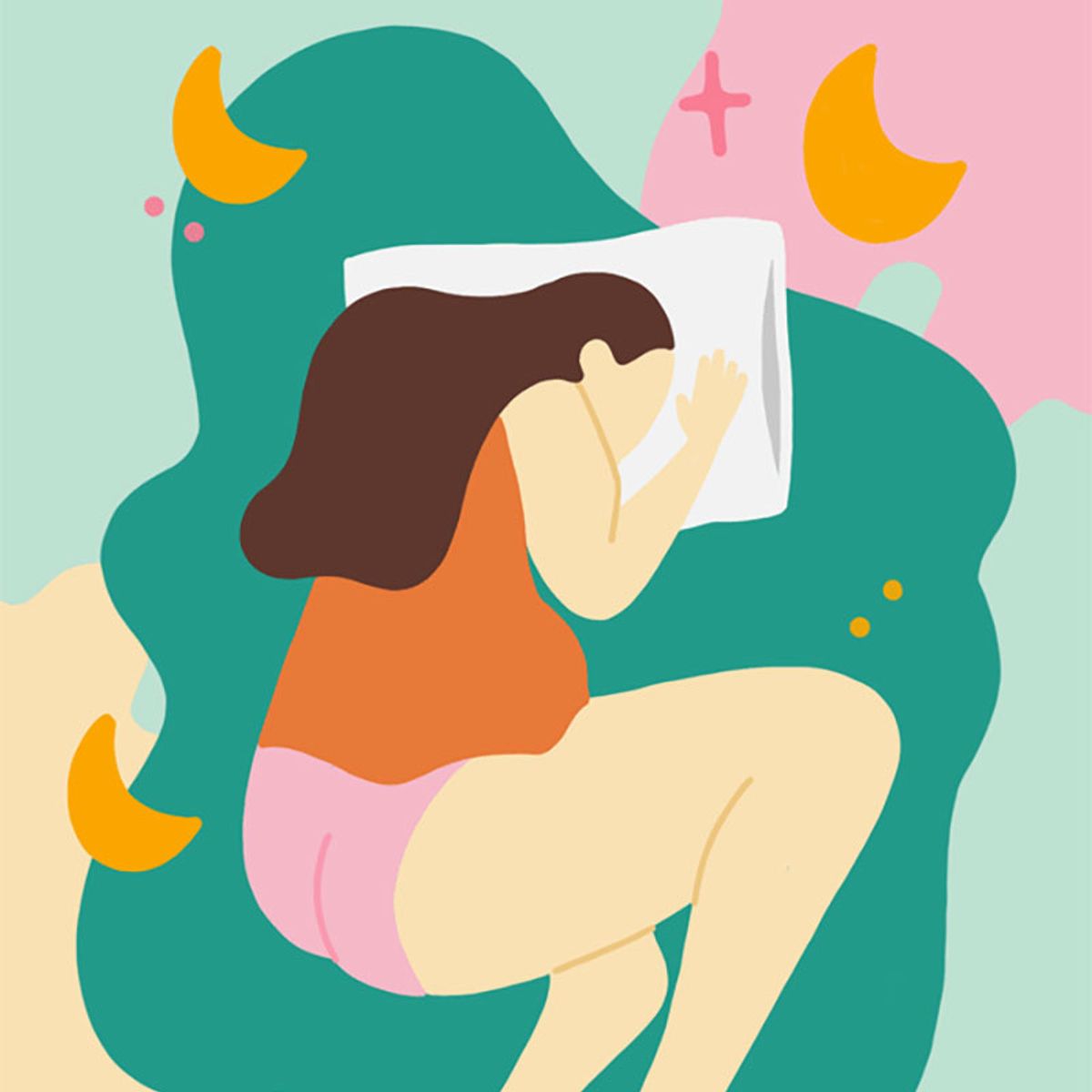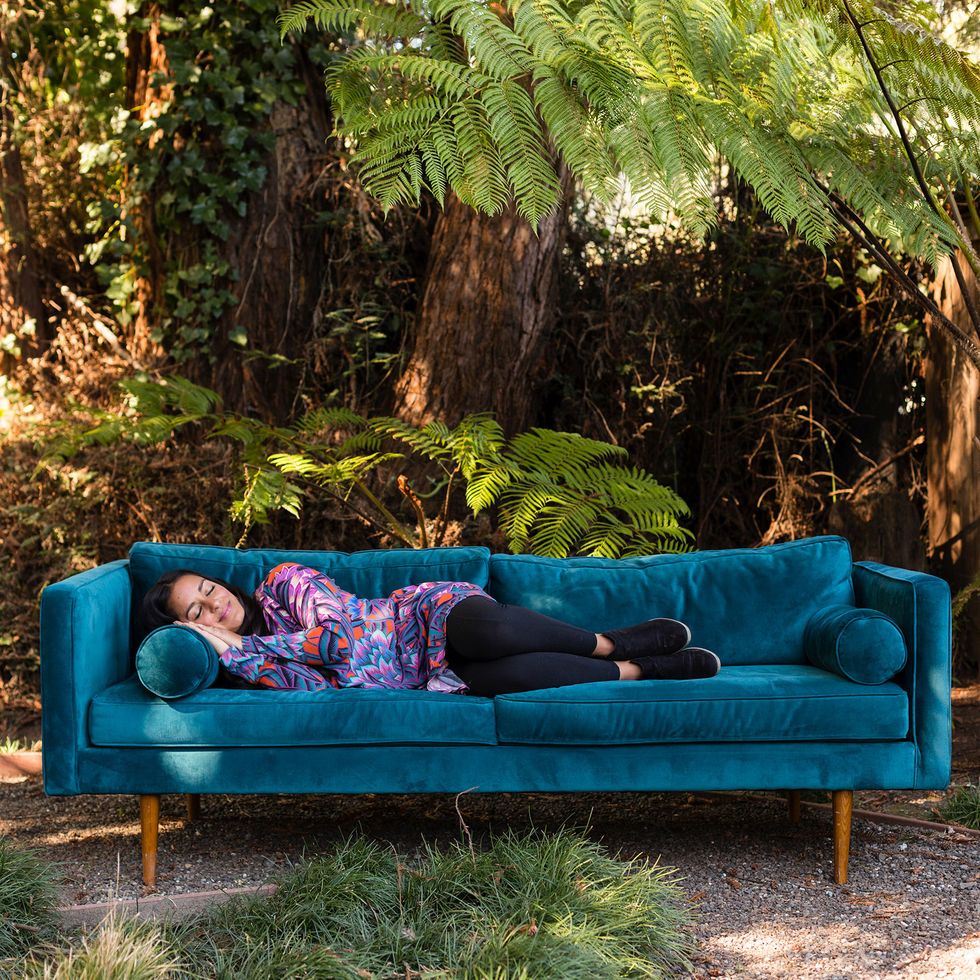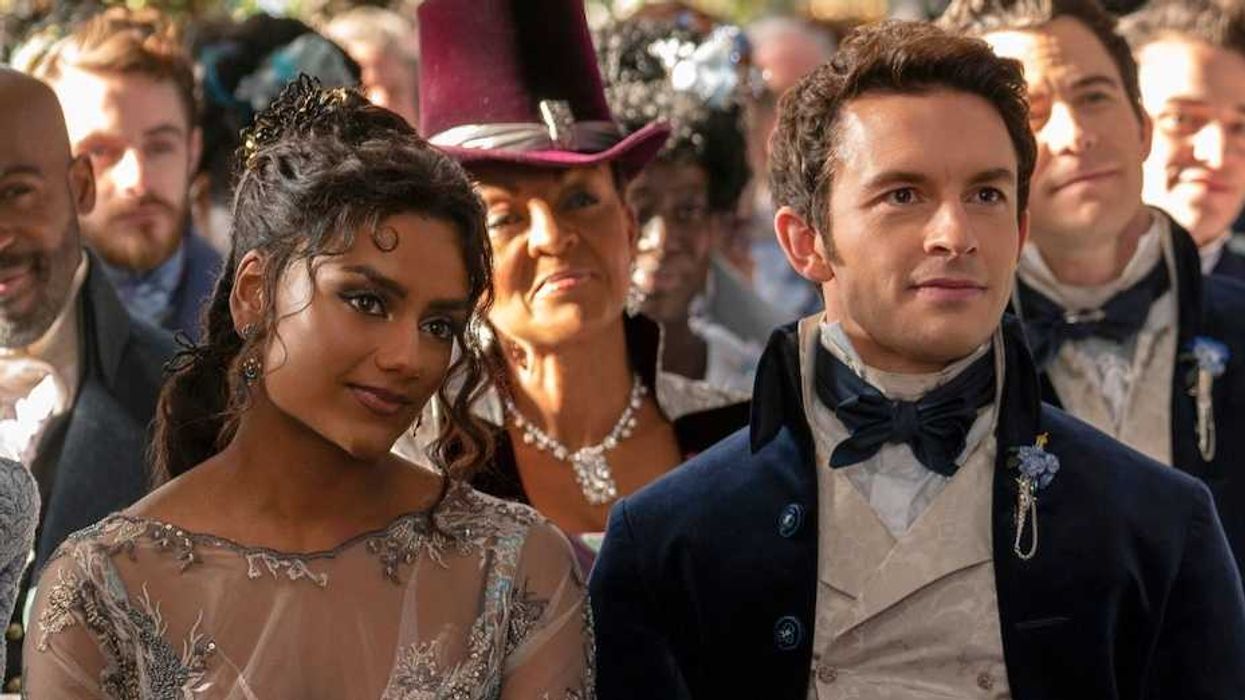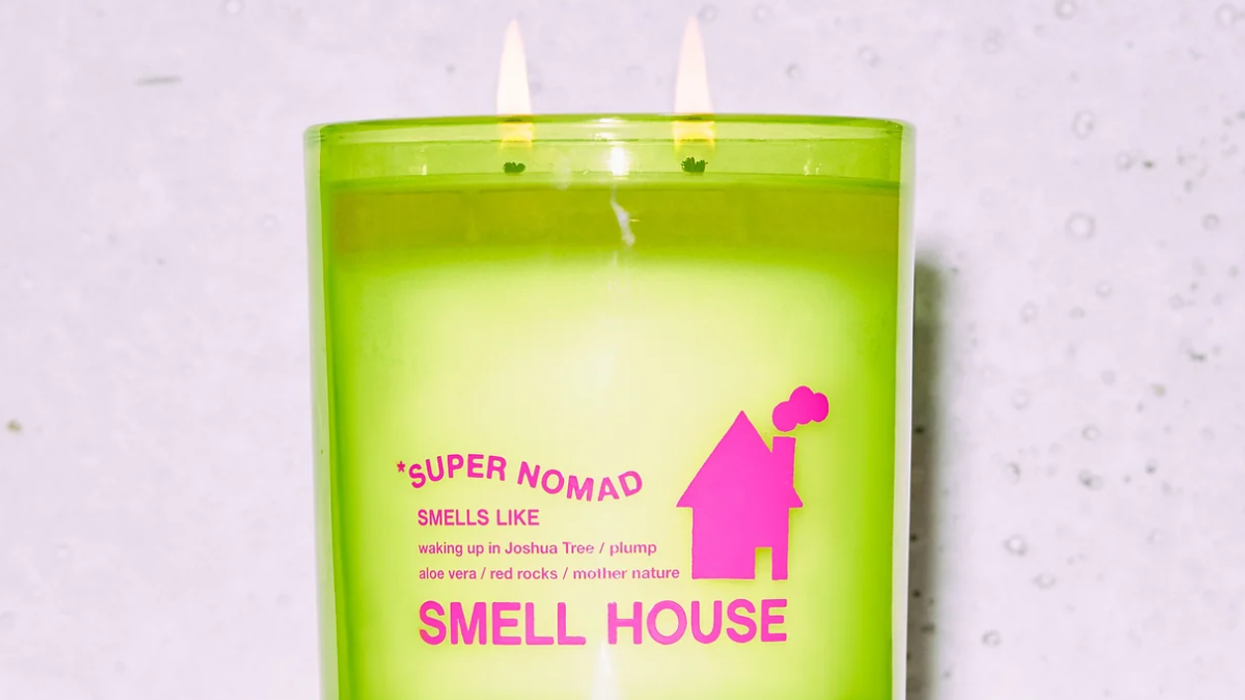How to Find Out Your Sleep Type + Why It Matters

You ready to get a better night's sleep? Yeah, we thought so. First things first, you've gotta find out your sleep type or, more technically, your chronotype. Then you can find your sleep recipe! For real.
In our newest episode of Teach Me Something New, Brit and her hubby Dave sat down with Todd and Tara Youngblood, sleep experts and the founders of chiliPAD, an innovative sleep system with the promise of way better sleep.
One of their most important findings centers around determining your chronotype. Now I'll turn it over to Tara to break it down for us.
"Chrono" means "time," so your chronotype refers to your internal body clock. It's also important to note that your chronotype is based on your PER3 gene, which impacts more than just your sleep patterns; it encompasses all the primal aspects of daily life.
This 24-hour cycle is your own personal circadian rhythm, which serves as that internal clock; it syncs up with light and darkness, ultimately impacting far more than sleep. It controls alertness, hormone production, organ function, and even body temperature.
What are the three different chronotypes?
While there are different philosophies and opinions around chronotypes, conceptually the idea is the same no matter what the chronotypes are called. Your chronotype is the inherent timeline you should follow for sleeping (and for other activities like eating and sex, too). At chili we reference three unique chronotypes, and of course there are spectrums within these three options.
Early Bird: These sleepers go to bed earlier and wake up earlier.
Night Owl: These sleepers go to bed later (and don't necessarily wake up later).
Lucky Duck: These sleepers are early bird/night owl hybrids that have flexibility.
No matter which chronotype you are, the most important thing is to create a strict schedule for going to bed. If you've ever gotten your second wind at night, it's probably because you missed your ideal sleep window. This not only affects your sleep latency—how long it takes you to fall asleep—but also negatively impacts how much deep sleep you're getting on a nightly basis. If you're falling asleep later, it only makes sense that you're cutting into your deep sleep. This has a domino effect as well—deep sleep can start "stealing" from REM sleep, which is obviously not ideal, especially over the long haul.
As we're all facing changes to our daily routines in the midst of crisis, sleep has a become even more important than before. To find your chronotype, head here to take the Chronotype Quiz. For more info on how to find your sleep recipe and how your chronotype impacts deep sleep, visit chili's Pillow Talk blog. And to take your sleep to the next level, get yourself a chiliPAD! :)
Rest easy friends!




















